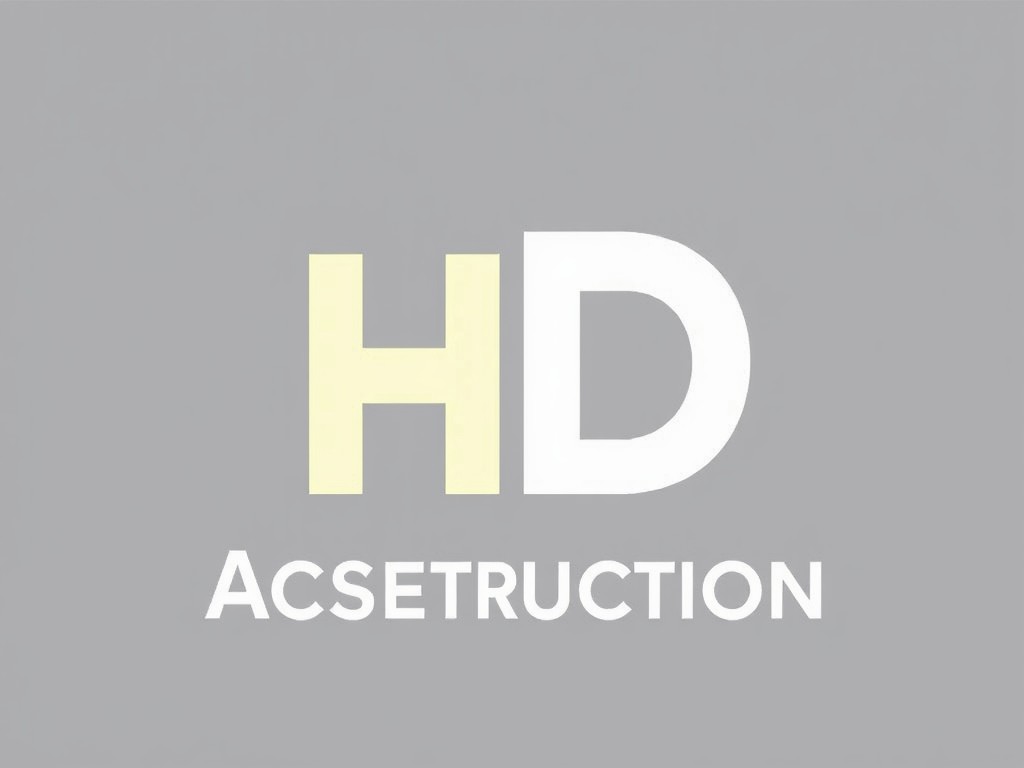Overview of Leeds’ Tech Infrastructure
Leeds, a prominent city in the UK, boasts a dynamic tech landscape characterized by thriving sectors such as healthcare technology, digital media, and financial technology. These sectors are powered by significant players including Sky Betting & Gaming and NHS Digital. The current tech landscape in Leeds is supported by robust connectivity infrastructure and widespread internet access, critical for both businesses and residents. This connectivity forms the backbone of Leeds’ growing status as a technology hub.
However, with urban development comes the necessity for further enhancement. The tech infrastructure is pivotal for urban growth, underpinning key economic activities and improving quality of life. Creating a smart city environment that supports innovation and sustainability depends heavily on these advancements. Leeds is strategically positioned to leverage its existing tech framework to propel further urban development.
Also read : Transforming rooftops: a comprehensive guide to evaluating roof garden potential for your brighton apartment
For residents and businesses alike, the importance of this infrastructure cannot be overstated. Beyond economic benefits, it fosters an inclusive environment where both established industries and new startups can flourish. By maintaining and expanding its tech infrastructure, Leeds continues to cultivate an ecosystem conducive to growth and innovation, underpinning the city’s ambition to remain at the forefront of the UK’s digital economy.
Key Opportunities for Improvement
In order to enhance the tech infrastructure in Leeds, identifying areas in need of improvement is paramount. While the city’s tech ecosystem is thriving, certain sectors lack adequate resources. Addressing these gaps can significantly boost connectivity and economic growth.
In the same genre : Ultimate guide to fire safety compliance in leeds: key strategies for high-rise structures
Firstly, rural and underserved urban areas often face challenges with access to high-speed internet and advanced digital services. Enhancing these areas is crucial for promoting equal opportunities and encouraging widespread innovation. The role of the local government, along with key organizations, is to prioritize these enhancements by making strategic investments and fostering partnerships.
In terms of demographics, understanding the needs of diverse populations is vital. For example, ensuring that tech resources are accessible to all age groups and skill levels can bridge the digital divide. Inclusive infrastructure can facilitate education, business opportunities, and social inclusion, enriching the community as a whole.
Moreover, collaboration with the private sector and non-profits can drive innovation and sharing of expertise. By engaging stakeholders and leveraging collective knowledge, Leeds can pave the way for impactful infrastructure upgrades. Thus, by focusing on these opportunities, Leeds can bolster its position as a leading tech hub with an inclusive, forward-thinking approach.
Actionable Strategies for Enhancing Tech Infrastructure
In enhancing Leeds’ tech infrastructure, adopting well-defined strategies is crucial. The tech improvement strategies can be broken down into several actionable insights:
Strategic Partnerships
Establishing strategic partnerships between the public and private sectors is vital. These collaborations can harness expertise, share resources, and drive innovation. For instance, partnerships like those in Bristol’s tech scene, renowned for its stakeholder synergy, could be emulated. In Leeds, potential collaborators include local universities and tech enterprises, offering a shared vision for advancement.
Investment in Technology
Targeted investment in technology areas such as 5G networks and IoT deployment can significantly boost infrastructure. Incorporating diverse funding sources, from government grants to private venture capital, ensures comprehensive tech advancement. The private sector, in particular, can rapidly accelerate progress, as seen in Copenhagen’s smart city efforts.
Community Engagement
Actively involving local communities in the planning and implementation of tech initiatives fosters inclusivity and ensures needs are met. Encouraging public feedback enhances project suitability, while programs focused on increasing tech literacy can bridge access gaps. An engaged community forms the backbone of a successful, technologically empowered city, facilitating Leeds’ growth as a leading tech hub.
Case Studies and Success Stories
Exploring tech infrastructure case studies sheds light on successful initiatives that Leeds can emulate. A notable example within the city is the modernization of Leeds’ NHS Digital systems, streamlining operations and enhancing healthcare delivery. This local success underscores the potential for significant technological advancements within public sectors.
Analyzing experiences from Bristol, a city renowned for its tech-led development, offers valuable lessons. Bristol’s collaborative approach between public entities and private tech firms has spurred infrastructure enhancements and digital inclusivity. Such partnerships could serve as a blueprint for similar projects in Leeds, promoting robust innovation.
Additionally, Copenhagen’s smart city plan showcases the benefits of integrated tech solutions. Utilizing IoT and 5G networks, Copenhagen has improved urban services and infrastructure management. By adopting similar strategies, Leeds can leverage its current tech landscape for transformative regional development.
Successful upgrades Leeds has seen, such as advanced internet infrastructure, highlight the pivotal role of strategic investments. Observing these improvements presents opportunities for further enhancing Leeds’ tech ecosystem. Embracing lessons from these case studies can drive Leeds’ trajectory towards establishing a comprehensive, connected technological environment, benefiting both businesses and residents.
